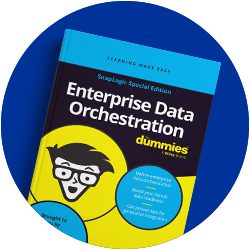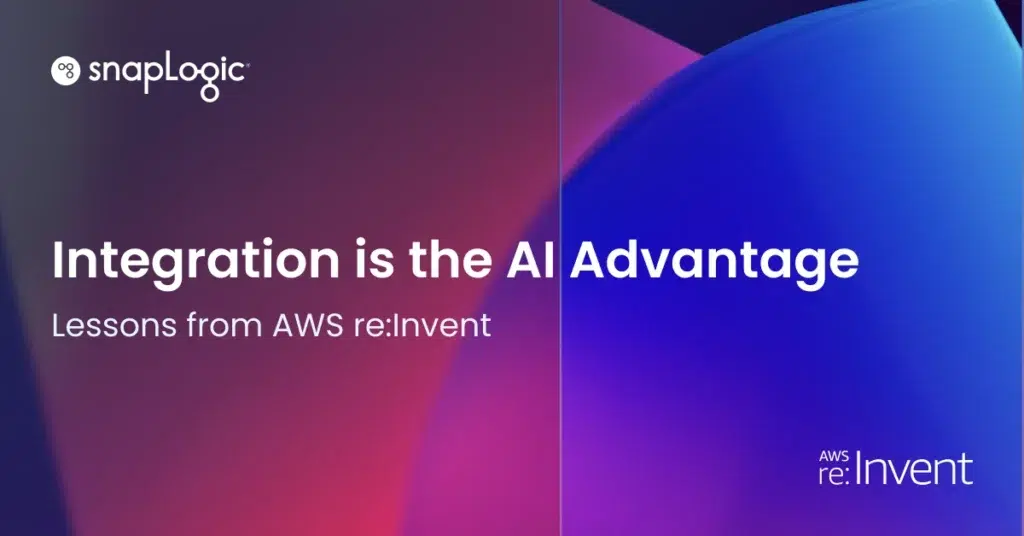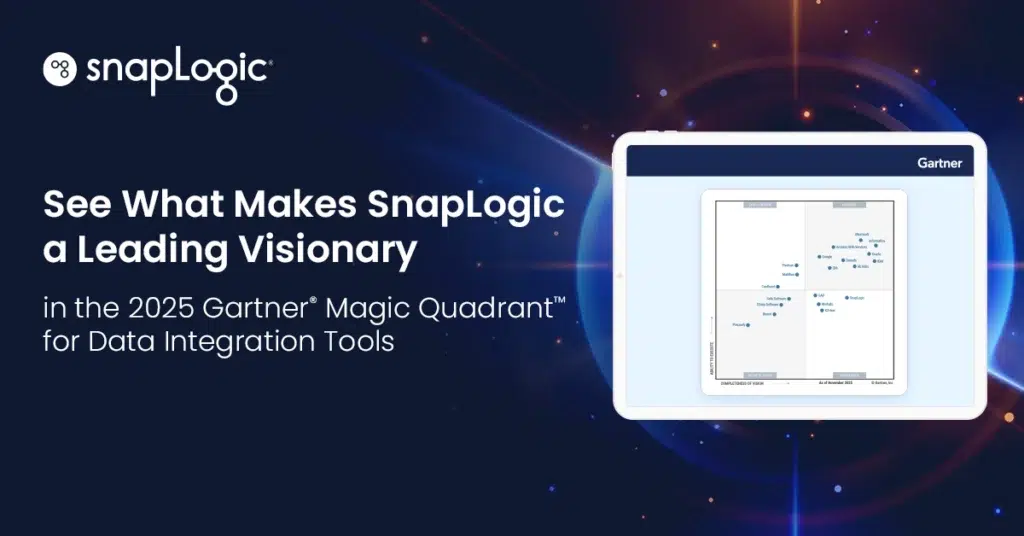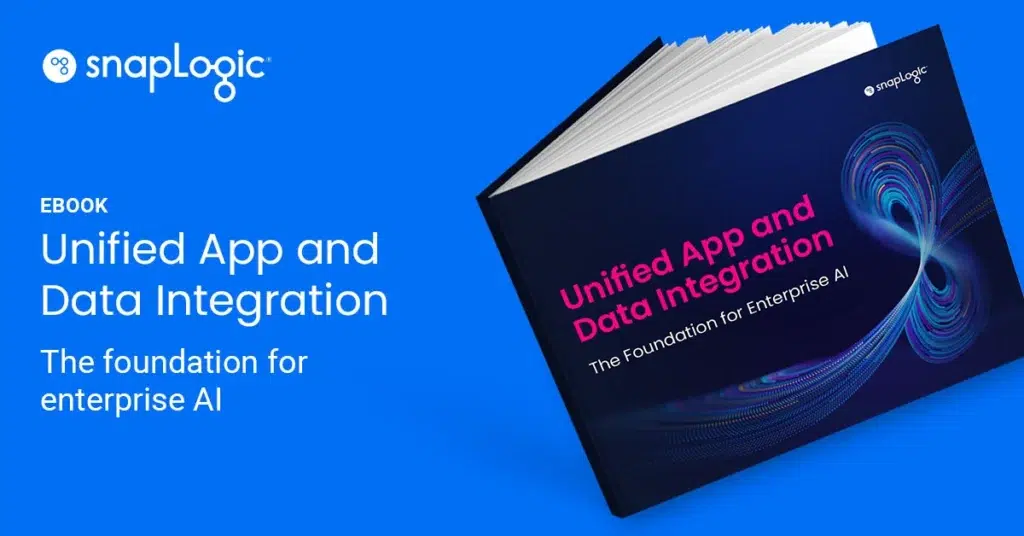What is data provenance?
Data provenance refers to the detailed history and lineage of a piece of data, including information about its origins, transformations, and movements over time. It provides a record of where the data came from, how it was created or modified, and by whom. This helps ensure data integrity, transparency, accountability, and other data governance measures, making it easier to trace errors, understand data quality, and comply with regulatory requirements.
Data provenance is essential in various fields, such as scientific research, data analytics, and regulatory compliance, to maintain the accuracy and reliability of data throughout its lifecycle.
Why is data provenance important?
Data provenance is essential for maintaining data quality, ensuring compliance, fostering transparency, enhancing security, and improving overall data management and decision-making processes.
Data quality and integrity: Understanding the origin and history of data helps ensure its accuracy, consistency, and reliability. It allows users to trace and verify the sources of data, making it easier to identify and correct errors or inconsistencies.
Transparency and trust: Providing a clear record of where data comes from and how it has been processed builds trust with stakeholders. Transparent data provenance is essential for audits, compliance, and fostering confidence among users and customers.
Regulatory compliance: Many industries are subject to strict regulations regarding data handling and reporting. Data provenance helps organizations comply with legal requirements by maintaining detailed records of data sources, transformations, and usage.
Data governance: Effective data governance relies on knowing the lineage of data. Provenance information aids in managing data assets, ensuring they are used appropriately, and implementing policies for data stewardship.
Security and accountability: Tracking data provenance helps in detecting unauthorized access or modifications. It provides a trail that can be used to investigate security incidents and hold individuals accountable for data handling practices.
Operational efficiency: Knowing the history of data can improve operational efficiency by reducing the time spent on data validation and troubleshooting. It allows for more efficient data integration, processing, and analysis by understanding data dependencies and transformations.
Enhanced decision-making: Reliable provenance information ensures that decision-makers base their conclusions on high-quality, trustworthy data. This leads to better, more informed decisions.
Reproducibility: In scientific research and other fields, data provenance is essential for reproducibility. It allows researchers to understand and replicate the processes that led to specific results, facilitating validation and further research.








